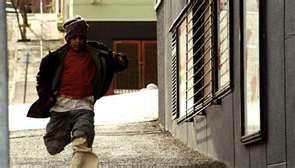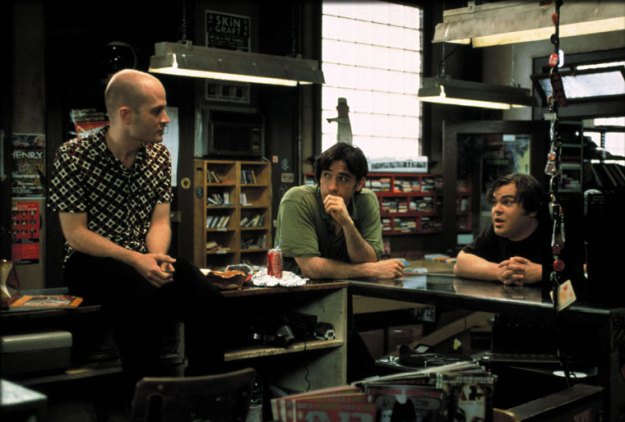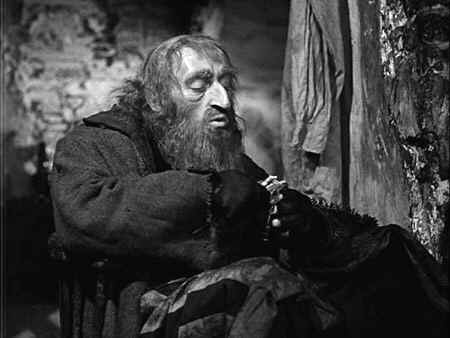Boy called Twist is a strange little appropriation. It’s hard for me to call it an adaptation (yes, technically it is), because it seems to be mostly based on David Lean’s movie. And while it was inherently an appropriation, it only really worked for me when it was appropriating.
The rest of the movie was almost a shot-for-shot remake of Lean’s movie, swiping everything from camera angles to subtle nuances. We’re pretty much given the same scenes from Lean’s movie with no additional scenes from the book making it in. You could argue that Lean took it down to the meat and potatoes of the story, and BCT was just following form, but really Boy called Twist is just lazy.
I honestly think people expected it to turn out good because of the concept. It was dealing with “real South African issues.” Except it didn’t. Not one damn bit. Other than the glue huffing and the brief criminal spree, which is the highlight of the movie, really it’s pretty much just ethnic Oliver Twist.
The budget was actually decent on this flick, but the effects and camerawork recall bad Sci-Fi Channel movies.
Jarrid Geduld is maybe the saving grace of this movie as Twist. He plays a tougher, less passive version of the classic character, which makes him a little easier to identify with. And he still has that “sadness behind the eyes” thing going.
Bart Fouche was also an excellent casting choice for Sykes. The neo-nazi biker thing really nails the spirit of that character.
The music was kind of weird because it sounded mostly like the Dave Matthews Band. I guess he’s from South Africa, so that’s alright, but not really…
To return to my earlier point, the best parts in the movie are when we see Twist being a kid and hitchhiking, stealing, and getting high. It’s the only time the movie’s setting serves its purpose, and the only time that the gimmick feels relevant.
I think just rewriting some dialogue would’ve went a long way here.
I didn’t like this movie because the mistakes it made were sloppy ones. The movie felt cheap, and not because of the budget.



